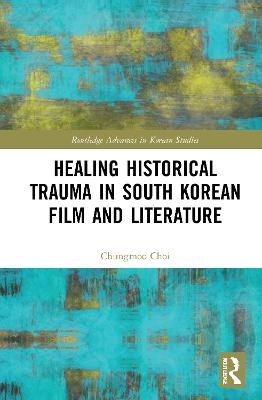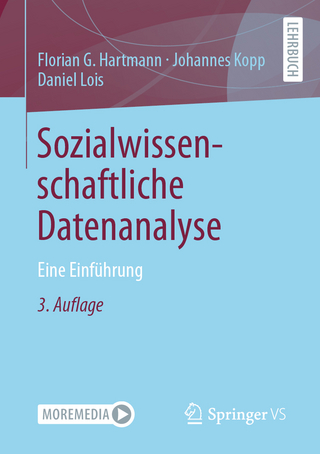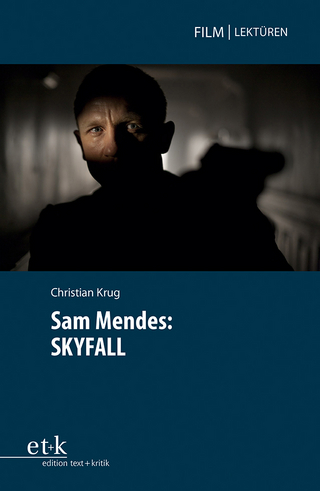
Healing Historical Trauma in South Korean Film and Literature
Seiten
2020
Routledge (Verlag)
978-1-138-58030-5 (ISBN)
Routledge (Verlag)
978-1-138-58030-5 (ISBN)
Through South Korean filmic and literary texts, this book explores affect and ethics in the healing of historical trauma, as alternatives to the measures of transitional justice in want of national unity.
Historians and legal practitioners who deal with transitional justice agree that the relationship between historiography and justice seeking is contested: this book reckons with this question of how much truth-telling from a violent past will lead to healing, forgiving, forgetting and finally overcoming resentment. Nuanced interpretations of South Korean filmic and literary texts are featured, including Park Chan-wook’s Oldboy, Bong Joon-ho’s Mother and literary texts of Han Kang and Ch’oe Yun, whilst also engaging the ethical and political philosophy of Levinas, Hannah Arendt, and others. Also offered is new and extensive research into the hitherto hidden history of thousands of North Korean war orphans who were sent to Eastern European countries for care. Grappling with the evils of history, the films and novels examined herein find their ultimate themes in compassion, hospitality, humility and solidarity of the wounded.
Healing Historical Trauma in South Korean Film and Literature will appeal to students and scholars of film, comparative literature, cultural studies and Korean studies more broadly.
Historians and legal practitioners who deal with transitional justice agree that the relationship between historiography and justice seeking is contested: this book reckons with this question of how much truth-telling from a violent past will lead to healing, forgiving, forgetting and finally overcoming resentment. Nuanced interpretations of South Korean filmic and literary texts are featured, including Park Chan-wook’s Oldboy, Bong Joon-ho’s Mother and literary texts of Han Kang and Ch’oe Yun, whilst also engaging the ethical and political philosophy of Levinas, Hannah Arendt, and others. Also offered is new and extensive research into the hitherto hidden history of thousands of North Korean war orphans who were sent to Eastern European countries for care. Grappling with the evils of history, the films and novels examined herein find their ultimate themes in compassion, hospitality, humility and solidarity of the wounded.
Healing Historical Trauma in South Korean Film and Literature will appeal to students and scholars of film, comparative literature, cultural studies and Korean studies more broadly.
Chungmoo Choi teaches cultural studies, critical theory, gender, literature, film and religion of Korea in the East Asian Studies at the University of California, Irvine, where she serves as an associate professor. Her publications include Dangerous Women: Gender and Nationalism in Korea and "The Discourse of Decolonization and Popular Memory: South Korea". She has served various journals as editorial collective member.
1. Evil, Banality and Apathy 2. The Power of Humility and Compassion 3. Ghostly Apparitions and the Face 4. Bio-Nationalism and Solidarity of the Wounded
| Erscheinungsdatum | 15.01.2021 |
|---|---|
| Reihe/Serie | Routledge Advances in Korean Studies |
| Verlagsort | London |
| Sprache | englisch |
| Maße | 156 x 234 mm |
| Gewicht | 471 g |
| Themenwelt | Geisteswissenschaften ► Geschichte |
| Sozialwissenschaften ► Kommunikation / Medien ► Medienwissenschaft | |
| Sozialwissenschaften ► Soziologie ► Spezielle Soziologien | |
| ISBN-10 | 1-138-58030-9 / 1138580309 |
| ISBN-13 | 978-1-138-58030-5 / 9781138580305 |
| Zustand | Neuware |
| Haben Sie eine Frage zum Produkt? |
Mehr entdecken
aus dem Bereich
aus dem Bereich
wie KI und virtuelle Welten von uns Besitz ergreifen – und die …
Buch | Hardcover (2023)
Heyne (Verlag)
22,00 €
Eine Einführung
Buch | Softcover (2022)
Springer VS (Verlag)
32,99 €


